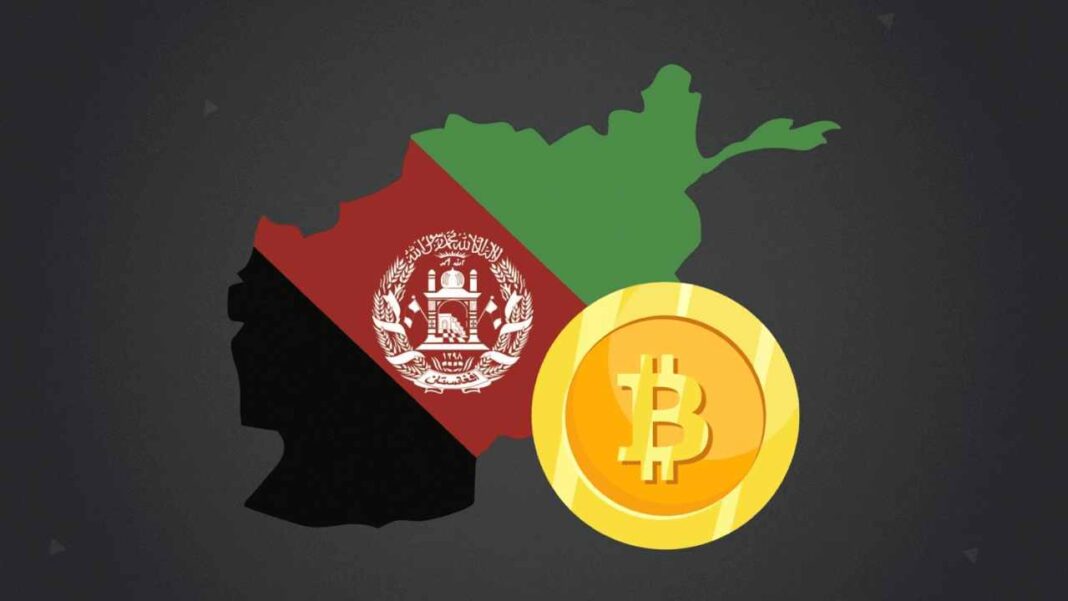Afghanistan has one of the fastest rates of crypto adoption, according to US-based blockchain analysis company Chainalysis. In its 2021 Global Crypto Adoption Index, it ranked Afghanistan 20th out of 154 countries in terms of crypto adoption.
On 15th August, Taliban fighters took control of Kabul, the capital city of Afghanistan, and within days they captured the entire country by ending nearly 20 years of a US-led coalition. Now, as they preparing to form a new government to run the country.
The Taliban have reportedly banned women from having camera phones in some outlying provinces of Afghanistan. While the veracity of the news is yet to pan out, it has already made people suspicious of what is oncoming.
Amid rising uncertainty under the Taliban regime, local crypto exchanges in Afghanistan are trying to keep a low profile. The majority of such exchanges have removed their posters, banners and are interacting with great caution. They are barely accepting new customers and tend to ignore messages when contacted via social media platforms.
Moreover, they operate in person – in order to buy or sell crypto, a customer needs to attend in person and wait until all the transactions are processed. The deal takes place in cash and does not require disclosure by any of the parties involved.
The exchanges in Afghanistan support majorily cryptoassets like Bitcoin and ethereum. However, to sidestep volatility, some have restricted their trades to stablecoins like tether(USTD).
“I largely fear Taliban fighters. They are very suspicious of things they don’t understand, and they sometimes act before consulting with their leaders,” Abdul, owner of a crypto exchange in Herat, told Cryptonews.com.
“If they show up here and ask me what it is that I do, I am afraid I wouldn’t be able to convince them.”
“They [Taliban] haven’t addressed crypto so far, and I don’t expect them to do anytime soon,” according to Sayed, CEO and Founder of a crypto exchange in Kabul, told Cryptonews.com.
However, the CEO says he is concerned whether the Taliban would consider cryptoassets as Haram (non-compliant with Sharia Law. “A lot of Muslim scholars have presented their perspective [Fatwa], and declaring cryptocurrencies as Halal. But the Taliban may refuse to accept those perspectives,” he said.
